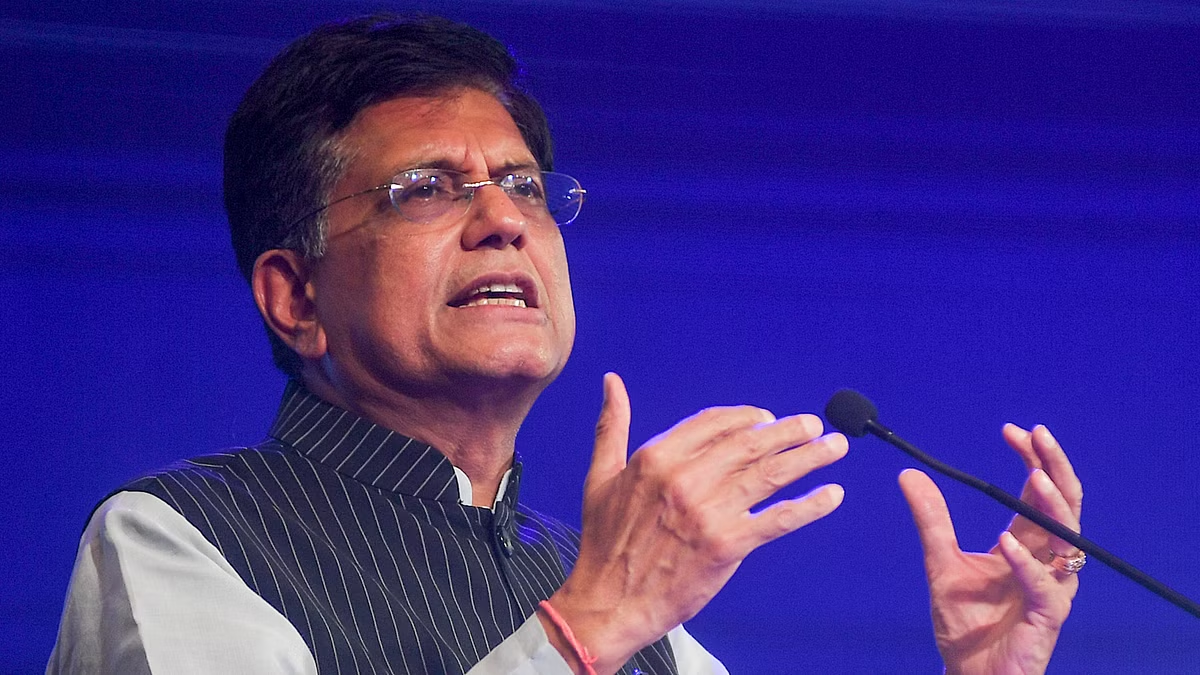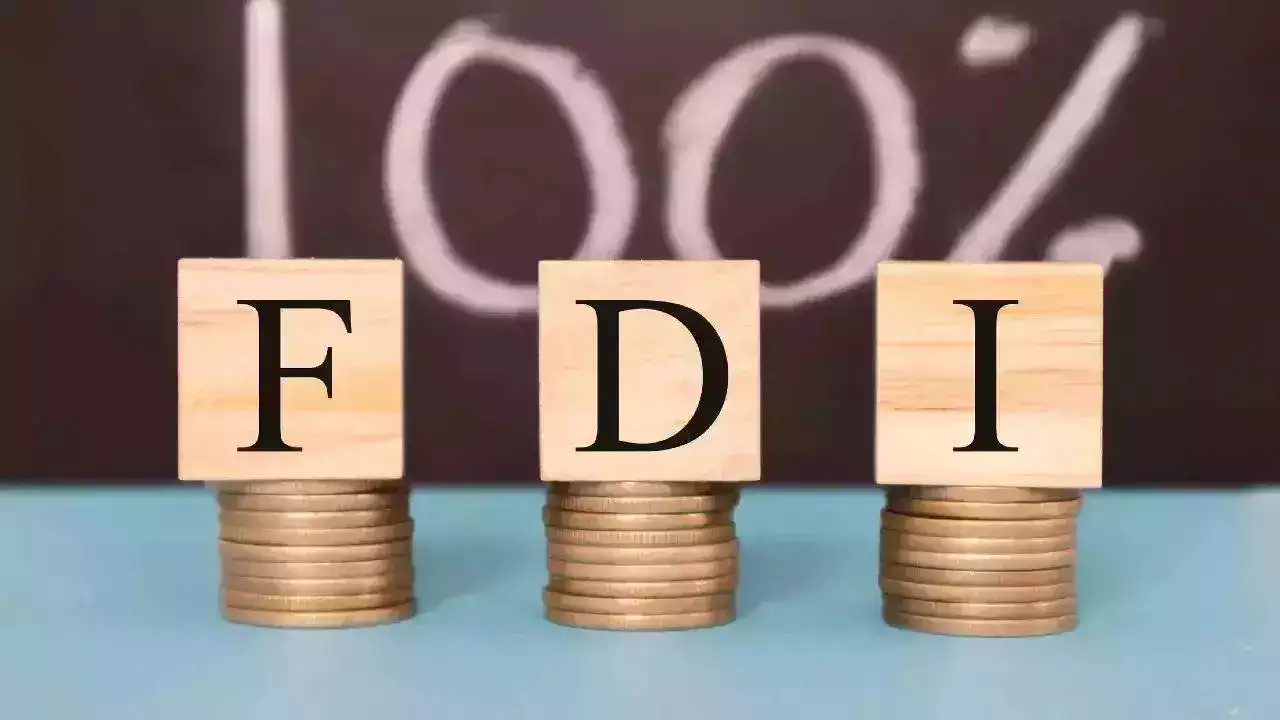Share

If you receive a GST demand order, you have the option to either file an appeal against it or pay the demand amount. However, if GST officials believe that it is necessary to ask for payment before the stipulated time (three months) for the ‘interest of revenue’, they can do so. Unfortunately, this provision has been misused by some GST field officers. In order to prevent this misuse, Central Board of Indirect Taxes & Customs (CBIC) issued new clarification guidelines stating that GST field officers need to obtain prior approval from a higher authority before initiating demand recovery. To prevent unnecessary harassment of taxpayers, the CBIC has issued new instruction guidelines. These guidelines must be followed for initiating the GST demand recovery process before three months have passed from the date of service of the GST demand notice. Under these guidelines, CBIC has reiterated that a GST proper officer must justify the reason to the higher authority (jurisdictional principal commissioner or commissioner of central tax) why they are initiating the GST demand recovery proceedings before the stipulated time given to a registered person to respond. The jurisdictional principal commissioner or commissioner of central tax will then examine the reasons/justification given by the GST proper officer and they must be satisfied with it.
What did CBIC say about reasons that constitute ‘interest of revenue’?
- As per the circular, some of the reasons which can constitute ‘interest of revenue’ are:
The concerned taxable person may close the business operations in near future, or - Possibility of default by the taxable person due to his declining financial conditions, or
- Impending insolvency, or
- Likely initiation of proceedings under Insolvency and Bankruptcy Act, etc.
Reasons to believe for apprehension of risk to revenue should be based on credible evidence, which may be kept on record to the extent possible. It is implicit that such directions for early payment of the confirmed demand should not be issued in a mechanical manner and must be issued only in cases where the interest of revenue is required to be safeguarded due to specific apprehension/ circumstances in the said case.
What do the new guidelines say about GST demand orders?
As per the CBIC order dated May 30, 2024, the guidelines specify the timeline and hierarchy to be followed, if a taxpayer is asked to pay pending GST demand before three months.:
- Recovery proceedings under 79 (1) of CGST Act are required to be undertaken by the jurisdictional deputy or assistant commissioner of Central tax.
- However, in cases where it is felt that recovery proceedings in respect of an amount payable by a taxable person in pursuance of an order need to be initiated in the interest of revenue before completion of three months, then the matter needs to be placed by the jurisdictional deputy of assistant commissioner before the jurisdictional principal commissioner or the commissioner of central tax along with reasons/justifications for such an action.
- The jurisdictional principal commissioner or commissioner of central tax will examine the reasons/justification given and if he/she is satisfied that it is expedient in the interest of revenue to ask the said taxable person to pay the said amount before completion of three months, then he/she will record the reason for thinking so in writing.
- After recording such reasons in writing, he/she may issue directions to the assistant or deputy commissioner to start the recovery process under section 79.
How do these new guidelines impact?
Experts say that these guidelines are helpful for taxpayers who faced hardships when GST officials demanded that they pay the GST demand amount before the three-month timeline. The CBIC’s attempt to soften the impact of Section 78 provisions by detailing the situations that could necessitate early recovery, such as looming insolvency proceedings or potential business closure, and underscoring the importance of credible and documented evidence should alleviate the concerns of genuine taxpayers who are facing hardships in their business. These guidelines will help taxpayers across industries, as currently, the taxpayer is dealing first with the order and second with the recovery notice, even when the option to file an appeal against the said order is available. Despite this option, the adjudicating authority are proceeding with recovery proceedings, adding an additional burden on the taxpayer.
In GST, once a demand has been confirmed against you, you are given 3 months’ time from the date of communication, either to accept that demand or to challenge it in an appeal. In case, where you file an appeal, you will have to pay the pre-deposit amount, as per the GST law. In this case the GST demands get stayed against you till the disposal of the case. Whereas, if you do not file an appeal within 3 months, post that another section namely, sections 78 and 79 apply and the GST officers can start their recovery proceedings against you. If a taxpayer doesn’t appeal or pay the determined GST liability, tax officers can enforce recovery through means provided under Section 79, which inter alia include garnishee proceedings, detainment and sale of the taxpayer’s goods under the officer’s control, distrainment of taxpayer’s movable or immovable property, recovery through the Collector as arrear of land revenue or through Court as a fine.
Related Posts
SEARCH SMECONNECT-DESK
RECENT POST
- THE COUNTDOWN BEGINS: 2ND EDITION OF PACK.NXT 2024 ANNOUNCED!
- Mr. Goyal launches district master plan under PM Gati Shakti for infra planning
- China emerges as India’s top import source during April-September 2024: Commerce ministry data
- Income Tax Department can send income tax notice on these 5 high value cash transactions
- As Gujarat announces new textile policy today, here’s a look at why Maharashtra’s Navapur is being preferred by Surat factory owners









